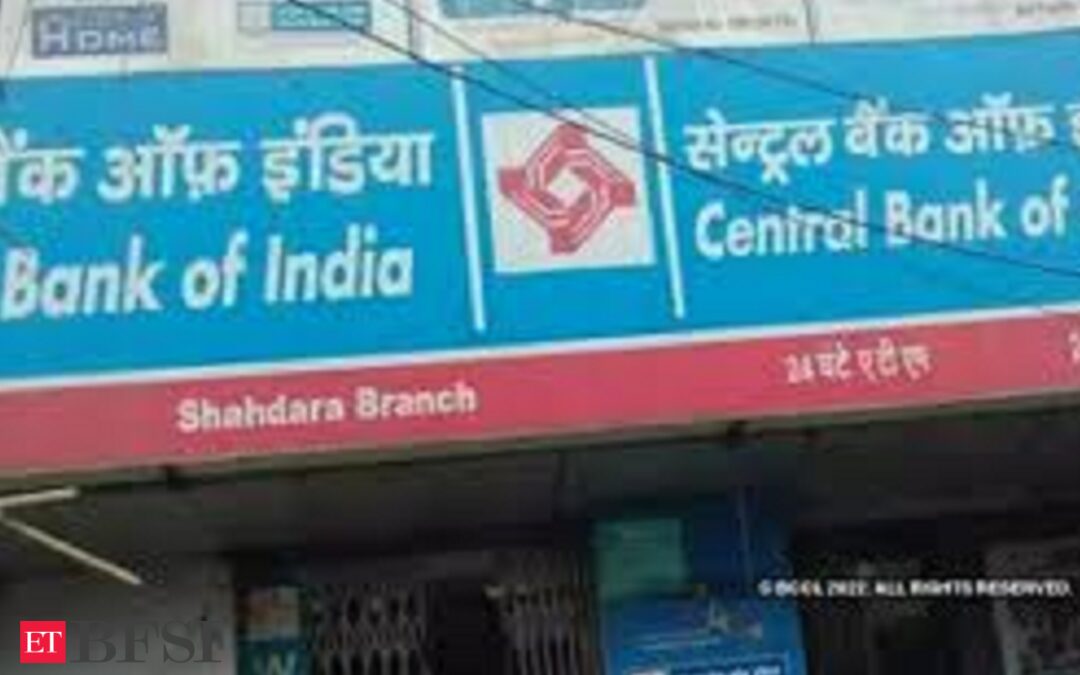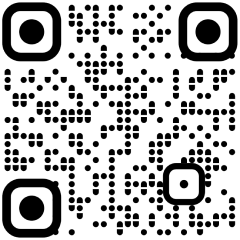Public Health Foundation of India (PHFI), a registered society formed with the aim of establishing new institutes of public health and assisting existing ones, had collaborated with state and central govt agencies for fulfilling its objectives.
At the stage of formation, the ministry of health and family welfare had granted Rs 65 crore towards corpus. Later, PHFI received grants running into hundreds of crores from Bill and Malinda Gates Foundation of USA, Nand and Jeet Khernka Foundation, and also from several donors. Instead of keeping the money in the bank account, PHFI decided to invest it in various fixed deposits. It placed a total amount of Rs 25 crore in fixed deposits with Central Bank of India, Malad West branch. It also invested in fixed deposits of Punjab and Sindh Bank and Dena Bank.
On June 28, 2014, PHFI received an e-mail from the senior inspector of policy, Economic Offences Wing, Mumbai, inquiring about certain transactions forming part of the investigation into a large scale embezzlement of Rs 58 crore involving several banks, viz. Bank of Maharashtra, Central Bank of India and Punjab National Bank. Upon inquiry with all the banks about its fixed deposits, PHFI learnt that money was either not invested in fixed deposits, or had been placed in fraudulently opened current account, or the money fraudulently transferred to fictitious accounts opened without adhering to KYC regulations. PHFI lodged a complaint with all the relevant authorities regarding the fraud committed by Central Bank’s branch manager and demanded a refund of its investment totalling Rs 25 crore. Since Central Bank did not comply, PHFI filed a complaint before the National Commission. The bank’s defence regarding the maintainability of the complaint was not accepted, as the consumer fora provide an additional avenue for redressal of grievances. The objection about the complaint being time-barred was also rejected, observing that limitation cannot be calculated from the date of fraud, but from the date of knowledge of fraud. Accordingly, by its order May 16, 2024, delivered by the bench of Justice Ram Surat Ram Maurya and Bharatkumar Pandya, the National Commission ordered Central Bank of India to pay Rs 25 crores along with 9% interest from the date of the transfer till the date of payment.










